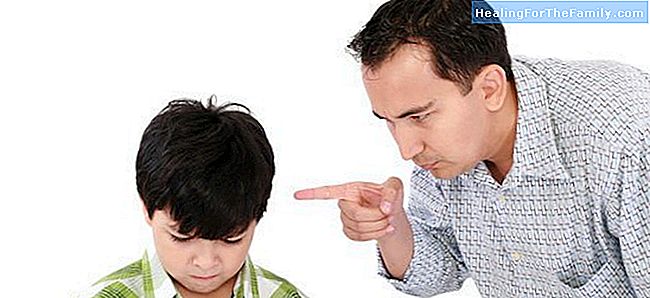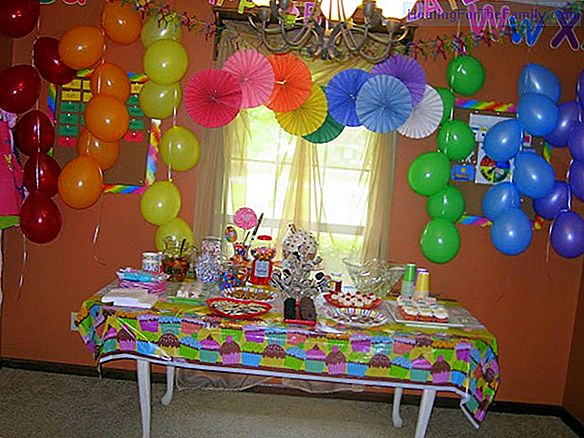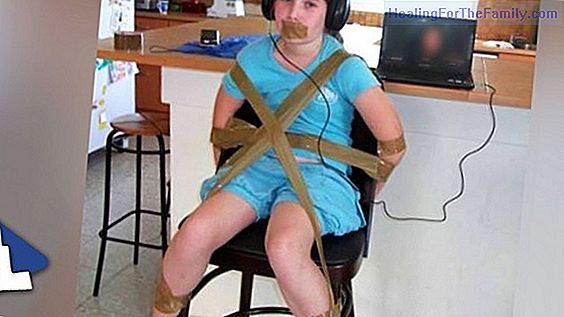Why fear does not serve to educate
Sure you remember when you were little and someone told you that if you did not go to bed soon 'the coconut' or maybe 'the bogeyman' would come and take you with him , because it was the 'bad man' who took the children who did not fall asleep early. Although 'the bogeyman' was also that evil being w
Sure you remember when you were little and someone told you that if you did not go to bed soon 'the coconut' or maybe 'the bogeyman' would come and take you with him , because it was the 'bad man' who took the children who did not fall asleep early.
Although 'the bogeyman' was also that evil being who would take the children who ignored their parents, no matter what was nullifying the personality of the children ... this is educating with fear. Fear does not serve to educate, fear scares to impose rules. But children grow up and they begin to realize that this 'bogeyman' does not exist.
Using fear in the education of the child is negative

But we do not have to go so far in memory to find parents and teachers who use fear to educate today as well. There are many adults who educate in fear based on threats such as: 'If you do not do what I tell you I will punish you', 'If you do not do your homework you will repeat the course and you will be with the children', 'If you behave badly in class you will go with the children of three years', 'As you do not obey me you will not be able to go out and play', 'If you do not have good grades, forget about the pool in summer' ... and so the examples can be infinite.
To educate in the middle is to annul the child's criteria, it is not to leave him an option, it is not to give him the opportunity to be themselves who feel the need to do things and therefore to be responsible. To educate in fear is to annul the personality of children and not be able to make decisions for themselves.
4 reasons not to use fear in early childhood education
Education is not 'obeys what I tell you', we adults must teach children to make decisions, to know what is best in each moment and that understand why it is so, that they know that if they do not act correctly they will have negative consequences and if they do not want to act in this way they will see the consequences, but without needing fear, simply to tell them what is there. Some examples would be: 'If you do not eat what you have at the table you will go to bed hungry', 'If you do not do homework tomorrow it will be hard for you to learn the lesson', etc.
1. Because cancels the children's personality no and does not teach them how life is going. They need the natural consequences to know how to act. 2. Because they are not told what is expected of them, they are simply expected to obey by converting them into submissive beings without their own criteria.
3. Because threats
do not give confidence or security in the family, something essential for child development. 4. Because fear cancels communication between parents and children, significantly affecting the emotional bond.












